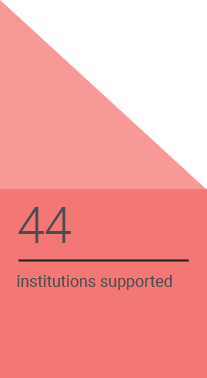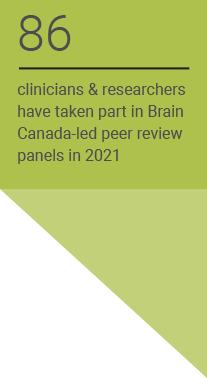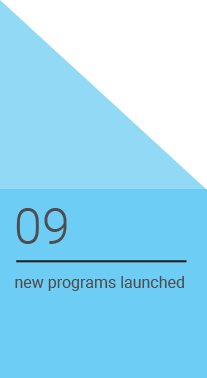Autism in First Nations Communities.
Located in Central Alberta, the Plains Cree community of Maskwacis defines autism spectrum disorder (ASD), or pîtoteyihtam, as “he/she thinks differently.” According to Grant Bruno, a registered member of Samson Cree Nation, many people with lived experience of ASD prefer this definition over the more widely used definition from the Diagnostic and Statistical Manual of Mental Disorders.
When two of his four children were diagnosed with ASD, Grant quickly noticed that access to services within Maskwacis was very limited – ASD awareness is low, diagnosis is often delayed, and specialized support is frequently only available off reserve. Eager to learn more about the lived experience of autism in Indigenous communities, Grant turned to the literature and found that only a handful of studies had been done in Canada – even the prevalence of ASD is unknown. An MSc student at the time, Grant had not initially planned to further pursue academia but, as a member of the community himself, he felt that he was well placed to expand knowledge on ASD in First Nations communities and so the idea for his PhD project was born.
Under the supervision of Dr. Lonnie Zwaigenbaum, Professor at the University of Alberta and Brain Canada-funded researcher, and Dr. David Nicholas, a Social Work Professor at the University of Calgary, Grant aims to gather viewpoints that will improve our understanding of ASD in First Nations communities. To fully capture the reality of living or caring for someone with autism in Maskwacis, Grant will engage with the community at all levels, namely community leaders and members, Elders, knowledge keepers, as well as health care and education providers and children and their families.
Though historically research was done on Indigenous communities rather than with them, which led to it not being representative, Grant will be using a strengths-based decolonizing approach rooted in community-based participatory research methods to make sure that the research is done through the community, by the community, and for the community. To Grant, allowing the community to guide the research is crucial. “I am from there and I am mindful of how I’m representing the community,” he said. “I need my research to really allow the community to tell their stories.”
By engaging with and collecting data from individuals, families and professionals associated with ASD in the First Nations context, this work will provide unique and informative perspectives on the strengths and challenges of what it means to experience autism within these communities. Armed with this knowledge, Grant aims to influence policy within and outside Maskwacis, and to provide evidence for the kinds of services that are needed by the community.
Read the full story
Close X
















